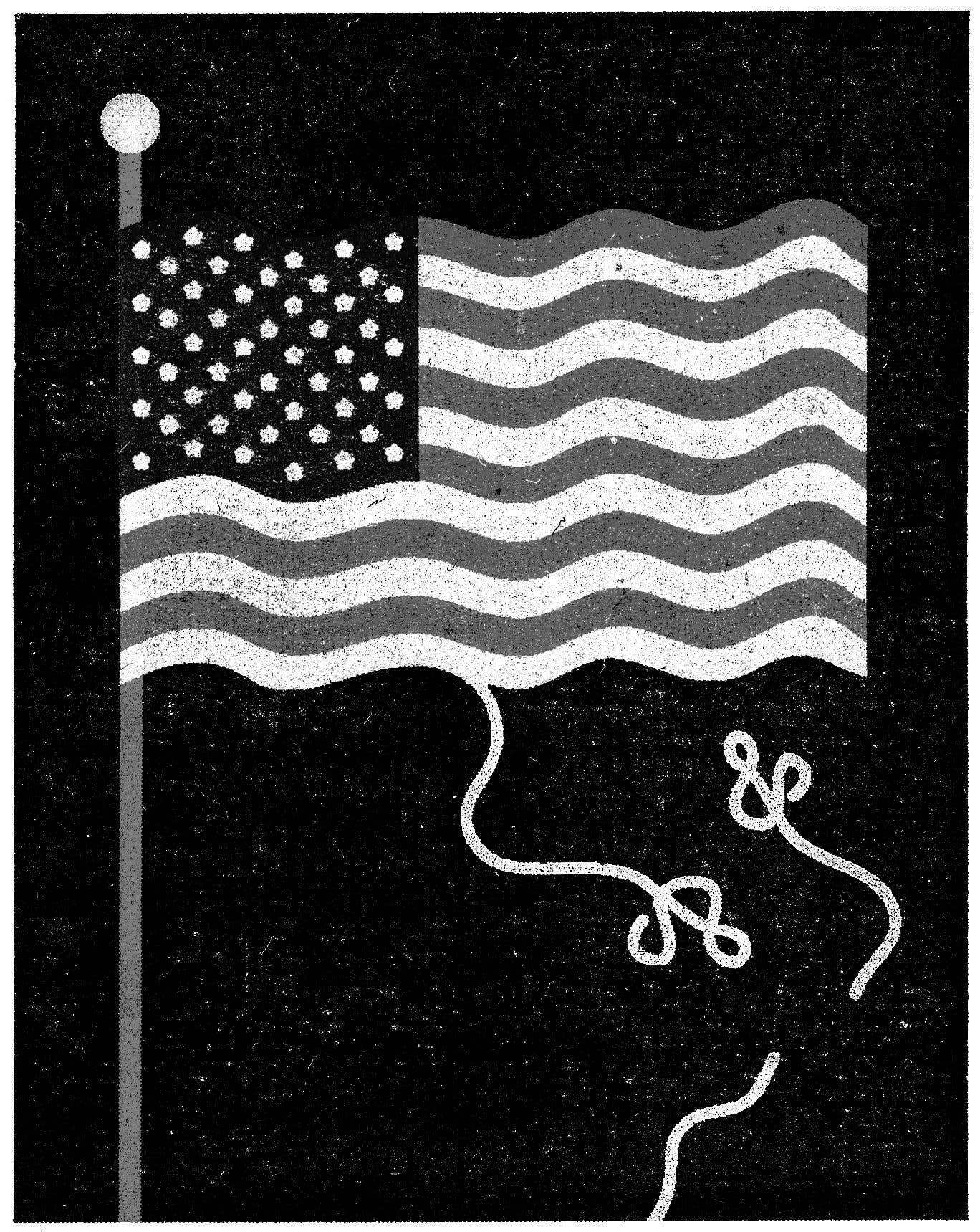The advent of an epidemic often serves as a harrowing reminder of humanity’s interconnectedness. The Ebola crisis that plagued America beckoned an exploration not merely of public health measures but also of our spiritual and moral imperatives. This conundrum resonates deeply with the Bahá’í teachings, which elucidate a path infused with compassion, unity, and profound understanding. As we traverse the teachings of the Bahá’í Faith, we discover antidotes—both spiritual and practical—that offer solace and guidance in tumultuous times.
At the crux of Bahá’í doctrine lies the principle of oneness. Humanity is envisaged as a single entity, akin to a vast, interconnected web, where the plight of one is ultimately the plight of all. The Ebola outbreak starkly illustrated this truth. The notion that a virulent infection could rapidly transcend geographical boundaries underscores our shared vulnerability. Recognizing this interconnectedness can engender a sense of collective responsibility, urging us to act not only for our own wellbeing but also for that of others. Within the Bahá’í context, such awareness catalyzes altruism and proactive engagement, virtues that serve as antidotes to the fear and isolation that often accompany epidemics.
The Bahá’í Writings emphasize the importance of knowledge and education, which serve as both preventive and curative aspects in the face of societal challenges such as disease outbreaks. In an age marked by an information deluge, access to accurate and comprehensive knowledge becomes paramount. The teachings advocate for a commitment to scientific inquiry, urging individuals and communities to pursue education that demystifies health crises. Enlightened understanding facilitates informed decision-making, promoting behaviors that may mitigate the spread of illness. As Bahá’u’lláh profoundly states, “The best of men are those who are Most rightly guided.” Wisdom is not merely an intellectual pursuit; it is a vehicle for action in the service of the greater good.
In tandem with fostering knowledge, Bahá’í teachings illuminate the vital role of compassion and empathy in addressing the emotional and psychological toll wrought by epidemics. Ebola, with its harrowing mortality rate, breeds not only fear of infection but also stigmatization of those affected. The Bahá’í approach encourages the cultivation of a spirit of love and kindness, transcending prejudice and discrimination. Acknowledging the inherent dignity of every individual, Bahá’ís are challenged to extend understanding and support to those who suffer, creating environments of healing and inclusivity.
Moreover, the concept of consultation within Bahá’í communities provides a framework for collective problem-solving in facing crises such as Ebola. Consultation, which is characterized by mutual respect and the seeking of truth, empowers individuals to contribute meaningfully to communal decisions. Utilizing this collaborative dialogue can yield innovative responses to public health challenges, integrating diverse perspectives and harnessing the collective wisdom of a community. Such active engagement fosters resilience, enabling communities to navigate difficulties with solidarity and purpose.
Drawing from the metaphor of the gardener and the garden, Bahá’í teachings invite individuals to perceive themselves as stewards of the earth and its inhabitants. Each act of service, knowledge-sharing, or compassion can be likened to a drop of nourishing rain, fostering the growth and flourishing of the garden of humanity. In combating something as formidable as Ebola, the metaphor envisions households, communities, and nations sprouting forth diverse blooms of cooperation and selflessness, rejoicing in their mutual triumphs against adversity.
In navigating the choppy waters of disease outbreaks, it is critical to ground our actions in the spiritual principles extolled by Bahá’u’lláh. Love for humanity, unwavering faith in the oneness of mankind, and a commitment to justice and equity can guide responses to the challenges posed by epidemics. When fear and panic threaten to overwhelm, recalling these teachings can provide the steadiness needed to act judiciously. A well-spring of unity stands as a bastion against divisiveness, reinforcing the belief that no one is immune to the repercussions of inaction.
Furthermore, the Bahá’í principle of harmony between science and religion serves to bridge gaps in understanding, particularly in the face of health crises. The Ebola epidemic demanded not just medical interventions but also a spiritual awakening; an acknowledgment that, while scientific advancements are pivotal, they must be bolstered by ethical frameworks that honor human dignity. The Bahá’í Faith celebrates the duality of science and spirituality, affirming that both realms can inform and elevate one another in responding to societal afflictions. This paradigm shift can engender holistic approaches to public health, merging compassion with empirical knowledge.
In conclusion, the Ebola crisis in America, viewed through the lens of Bahá’í teachings, presents an opportunity to reflect on our collective responsibilities. By embracing the tenets of oneness, compassion, education, and consultation, responses to such public health emergencies can be transformed into acts of love and solidarity. The antidotes rooted in the Bahá’í Writings can, indeed, forge resilient communities, united not just in adversity but in an enduring commitment to the wellbeing of humanity. As individuals strive to embody these ideals, each gesture of kindness and each act of wisdom becomes a fragrant blossom in the garden of our shared existence, enriching the tapestry of humanity as we navigate the complexities of the world together.
